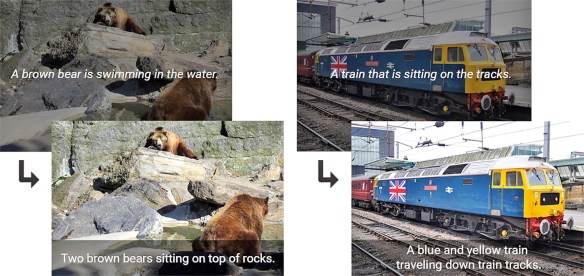News spread Monday of a remarkable breakthrough in artificial intelligence. Microsoft and Chinese retailer Alibaba independently announced that they had made software that matched or outperformed humans on a reading-comprehension test devised at Stanford. Microsoft called it a “major milestone.” Media coverage amplified the claims, with Newsweek estimating “millions of jobs at risk.”
Those jobs seem safe for a while. Closer examination of the tech giants’ claims suggests their software hasn’t yet drawn level with humans, even within the narrow confines of the test used. READ MORE: AI Beat Humans at Reading! Maybe Not | WIRED

